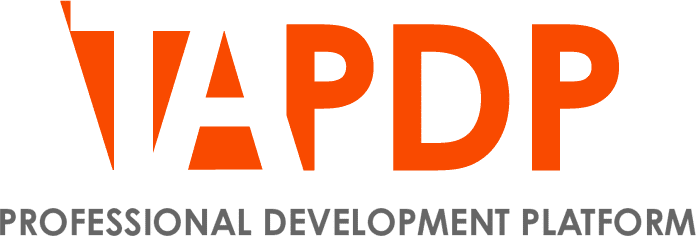
The roots of project-based learning extend back over a hundred years to the work of educator and philosopher John Dewey, whose laboratory school at the University of Chicago was based on the process of inquiry. Dewey argued that students will develop personal investment in the material if they engage in real, meaningful tasks and problems that emulate what experts do in real-world situations
Sawyer, R. (Ed.). (2014). The Cambridge Handbook of the Learning Sciences (2nd ed., Cambridge Handbooks in Psychology). Cambridge: Cambridge University Press. doi:10.1017/CBO9781139519526
This course promotes adoption of project-based learning as we enter the third decade of the 21st century. In particular it focuses on the design principles as advocated by the Buck Institute for Education (PBLWorks) and the considerations for teachers, departments and institutions looking to adopted project-based learning as part of a strategy for diversifying pedgagogy.
In this series of short video lectures PBL is set in the context of related approaches including flipped, enquiry, problem and resource based learning. The PBL design principles are set alongside the need to develop 21st century learning skills among students. The course references ’21st century learning design (21CLD)’ and the role of ICT in facilitating learning through projects.
This course has been developed as part of the Project Turing programme for further education colleges. However, the content is appropriate for educators in the secondary and primary sectors.
Course Content



